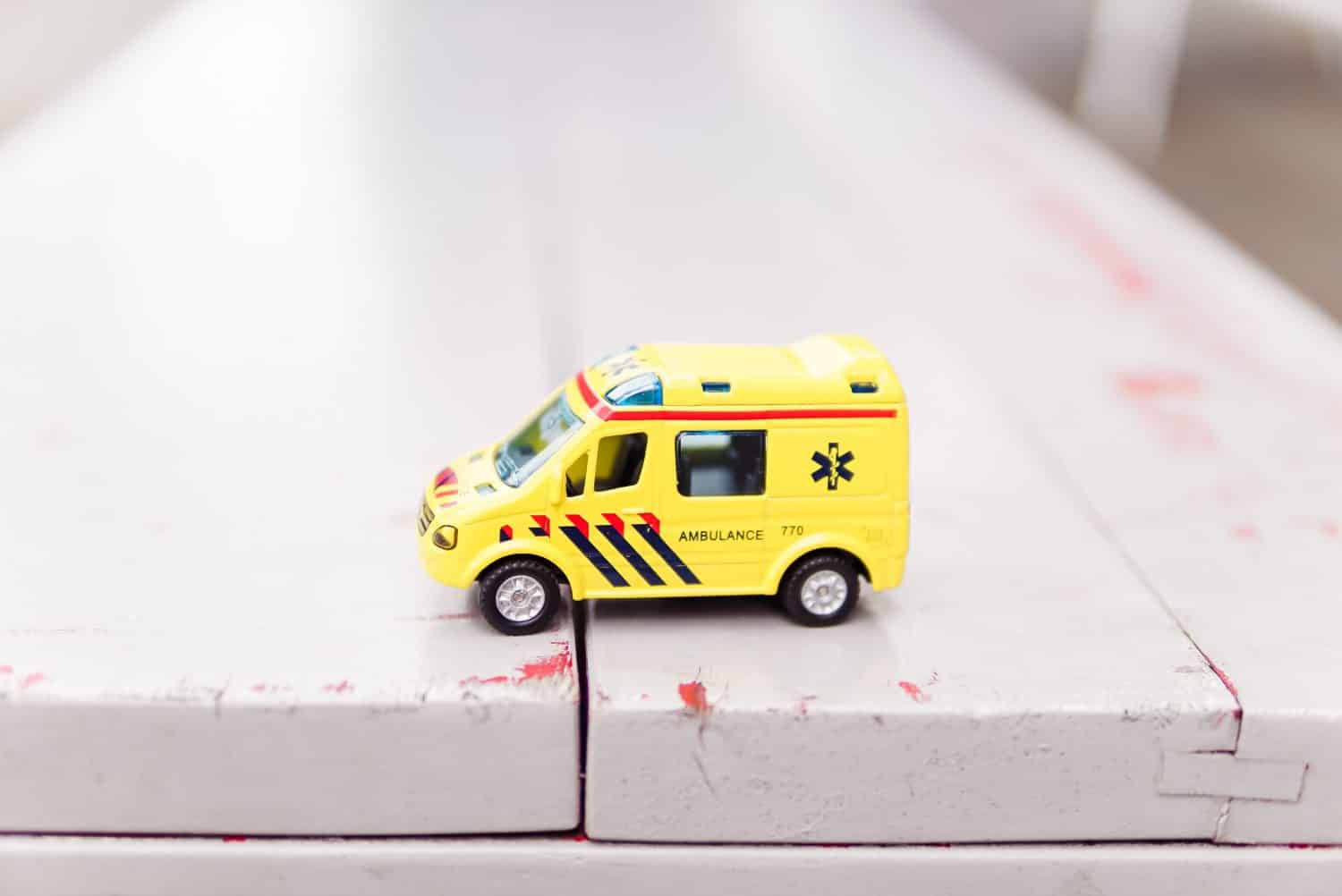
Our last blog discussed responding to relapse in addiction recovery. While relapse is a painful experience, it does not mean the end of recovery. It can in fact be used as an opportunity for the person with the addiction to learn and to reaffirm their commitment to recovery. They may decide that adjustments are required to their recovery plan, or that they should return to evidence-based treatment. These are progressive responses that you can help them with.
If your loved one has experienced a relapse in their recovery, you will likely be extremely concerned. You may also be uncertain as to how you should offer your support. This blog discusses some of the important things to understand about relapse. It also offers some suggestions on how you can constructively support an addicted loved one who has experienced a relapse.
Understand Relapse
First, it is important to understand relapse in the context of recovery. People sometimes feel that a relapse means that all the recovery work up to that point has been unsuccessful. However, this is not the right way to approach the issue. Many addicted people experience multiple relapses before achieving lasting recovery. Relapses should be regarded as setbacks rather than failures. They should be approached as learning opportunities that can ultimately be used to benefit recovery. If you accept this and act accordingly, it will help you to support your loved one through their relapse and recovery.
Look After Yourself
If someone close to you experiences relapse, it will likely cause you anxiety and emotional distress. Your first instinct might be to drop everything to try to support your loved one. However, it is important to remember to take care of yourself. Use whatever coping mechanisms you have at your disposal to look after yourself emotionally and psychologically. This will in turn put you in a much better position to support your loved one through their relapse.
Ask What Kind of Support They Need
It can be very difficult to know how to respond to your loved one’s relapse. You will naturally want to support them in whatever way you can, but you will not want to smother them or put more pressure on them. It might be best to accept the difficulty in deciding what kind of support to offer and simply ask your loved one what kind of support would be most helpful for them. This gives them the opportunity to ask for the help that they need. It also makes clear that you are not judging them, that they can communicate openly with you, and that you are willing and available to help.
Do Not Blame Them
It is important to avoid blaming a loved one after they have relapsed. Avoid being overly critical or demanding explanations for their behaviour. Addiction is a lifelong condition and relapse is a part of the recovery journey. While you should not criticize someone who has relapsed, you should encourage them to be accountable for their actions. You should try to help them understand the reasons for their relapse and to plan how to cope in a more progressive manner in the future. Open and honest communication with someone close to them can provide exactly the kind of support your loved one needs to recover from their relapse.
Respect Their Decisions
Regardless of how close you are to the addicted person, you must avoid trying to make their problems your own. Ultimately, they are responsible for their response to their relapse. Pressure from others might make it more difficult for them to make progressive decisions and follow through on them. You must respect their decisions. However, this does not mean that you cannot be available to offer them any support you can provide.
Encourage Them to Learn and Recommit
You should encourage your loved one to treat their relapse as a learning experience. Make clear that you understand that relapse is a disruption to their recovery but not an end to it. Work to ensure that the communication between you remains open and non-judgmental. Encourage them to recommit to their recovery plan. If they have stopped attending aftercare programming or support meetings, or have stopped using other recovery methods, encourage them to take them up again. You can also discuss whether there are any adaptations required to your loved one’s recovery plan that have been revealed by their relapse.
Don’t Be Prescriptive, Do Have Suggestions
It is best to avoid being prescriptive or overly insistent when making suggestions to your loved one after their relapse. However, if they are receptive to your suggestions, it is worth doing some research and having some information to offer about responding to relapse. It might also be useful to have some treatment options on hand for them to consider. This will make your support clear but will also leave the decision with them. They will be in a vulnerable place after their relapse, so having some options may be very relieving and helpful. If your loved one does not accept that they must continue working towards recovery, you can consider staging an intervention with professional support.
Encourage Healthy Coping Mechanisms
When responding to relapse, it can be very healthy for an addicted person to develop some new, progressive habits. Adding a new activity to their schedule could have a range of benefits. Activities that involve exercise or spending time outdoors could provide them with new social contacts and a positive way to process negative thoughts and emotions. It can also help to avoid boredom, a common relapse trigger. Encouraging your loved one to take up a new activity, and perhaps offering to participate alongside them, could be very beneficial to them after their relapse.
Seeing a loved one experience relapse is a painful and upsetting thing. However, it does not mean that they cannot achieve lasting recovery. With commitment and the right support, an addicted person can learn from relapse and can continue to work towards recovery. If you have any questions or concerns about addiction relapse, contact Trafalgar Addiction Treatment Centres today.





